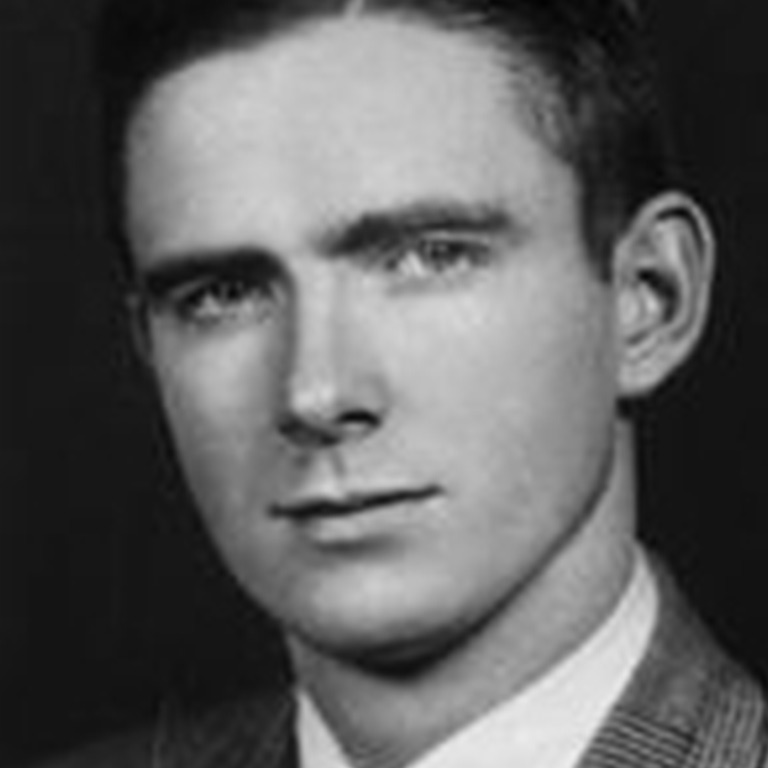David B. Richardson spent four decades reporting from five continents as a foreign correspondent for Time, Life and U.S. News & World Report.
Richardson’s sister said he demonstrated his interest in journalism as a child, when he took notes on dinner table conversation. He began his journalism career as a high school student, writing a weekly school news round-up for the Daily Courier in South Orange, N.J. At IU, he held several positions at the Indiana Daily Student, including editor.
He later wrote that John Stempel taught him an invaluable lesson when, as night editor, Richardson planned to put the news of Pope Pius XI’s death on page 5. Stempel “hit the ceiling,” and Richardson moved the story to page 1. He spent his career, he wrote, “ever haunted and guided by the memory of John Stempel’s red face.”
Richardson graduated in 1940 and joined the New York Herald Tribune. Soon, he was drafted into the U.S. Army, where he worked as a photojournalist and reporter for Yank, the Army’s magazine. In the South Pacific, he covered the war from the front, alongside the soldiers whose stories he told. He carried two cameras, a 60-pound pack and gun. His 35-pound typewriter rode on the back of a mule.
In 1944, he joined the famed Merrill’s Marauders, the unit that fought the Japanese in the China-Burma-India theater. He was the only correspondent to stay with the unit through its final mission in northern Burma. Richardson received the Legion of Merit, the Bronze Star and other military awards.
After the war, Richardson established Time-Life’s first bureau in Delhi, India, and the first postwar bureau in Germany. He was bureau chief in the Middle East and in Mexico City. As associate editor of U.S. News & World Report, he established a bureau in South America.
He worked for U.S. News in Washington, D.C., from 1964-73 and was U.S. News’ chief European correspondent, based in Rome, from 1974 until his retirement in 1982. During his career, he interviewed Ethiopia’s Haile Selassie, Israel’s Menachem Begin and Libya’s Moammar Gadhafi, among other world leaders.
Richardson received IU’s Distinguished Alumni Service Award in 1983. He died in 2005.


